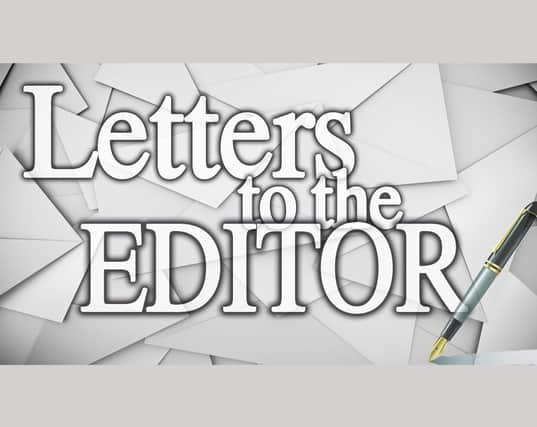Letter: Thankfully, Ireland seems to be shifting its obsolete stance on neutrality


During the Great War the Irish were sacrificed as cannon fodder fighting for imperial Britain against imperial Germany in a senseless carnage. The perspective of Irish nationalism was encapsulated in the WB Yeats poem ‘An Irish airman foresees his death’. He reflects that “those that I fight (Germans) I do not hate … those that I guard (British) I do not love”.
This cognitive dissonance was eventually resolved with the anti-conscription slogan ‘we serve neither King nor Kaiser but Ireland’. This was a rational, appropriate strategy given the madness of World War I. But this neutrality, as reaction to the slaughter, has seemingly become a sacrosanct policy of Ireland set in stone for all eternity. The Republic of Ireland’s neutrality during World War II was much more problematic. It included a brief flirtation with Mussolini’s fascism via the Blue-shirts. Most disturbing was the ignominious, indeed notorious expression of condolences on the defeat of the Third Reich delivered by De Valera to the German consulate in Dublin – after the German death camps had been exposed. Being neutral between the Western democracies and this evil, genocidal regime – even nominally – seems completely inexcusable.
Advertisement
Hide AdAdvertisement
Hide AdFast forward to the present Ukraine / Russian conflict. It is surely impossible for Ireland, with its long, sad history of occupation, to take a neutral stance between the nascent democracy in Ukraine and autocratic, kleptocratic Russia. Vladimir Putin claimed rather prematurely that liberal democracy was “obsolete”. Instead he has become a recruitment agent for Nato. He must be shocked by the ferocity of Ukrainian resistance to the Russian invasion and the solidarity shown by western democracies in supporting Ukraine.
The Republic of Ireland is now the only EU country (except Austria) which is not in Nato and does not have a viable military capability. It outsources its air defences to the RAF and is aligned with Nato for its de facto security co-operating closely with the US. Irish ‘neutrality’ in practice is something of an elaborate fiction.
Thankfully, Ireland seems to be shifting its stance on neutrality. It has recently convened a Consultative Forum on International Security Policy containing representatives from Finland and Sweden who have abandoned neutrality in favour of Nato membership. It has also been involved in around 20 military projects organised by Pesco – an organisation which aims to deepen defence co-operation between EU member states. It is viewed as an embryonic European army.
Ireland has benefited from access to all the economic advantages of membership of the EU but has been a free-rider in terms of contribution to the defence of Europe despite being an affluent country. Hopefully, given the very clear and present danger from the Russian bear, Ireland may now, like Sweden and Finland, demonstrate more commitment to Pesco and perhaps even join Nato. It will ultimately be a decision for the Irish people. However, given these troubled times, it is clear that it is neutrality that has become obsolete.
George Workman, Donabate, Co Dublin